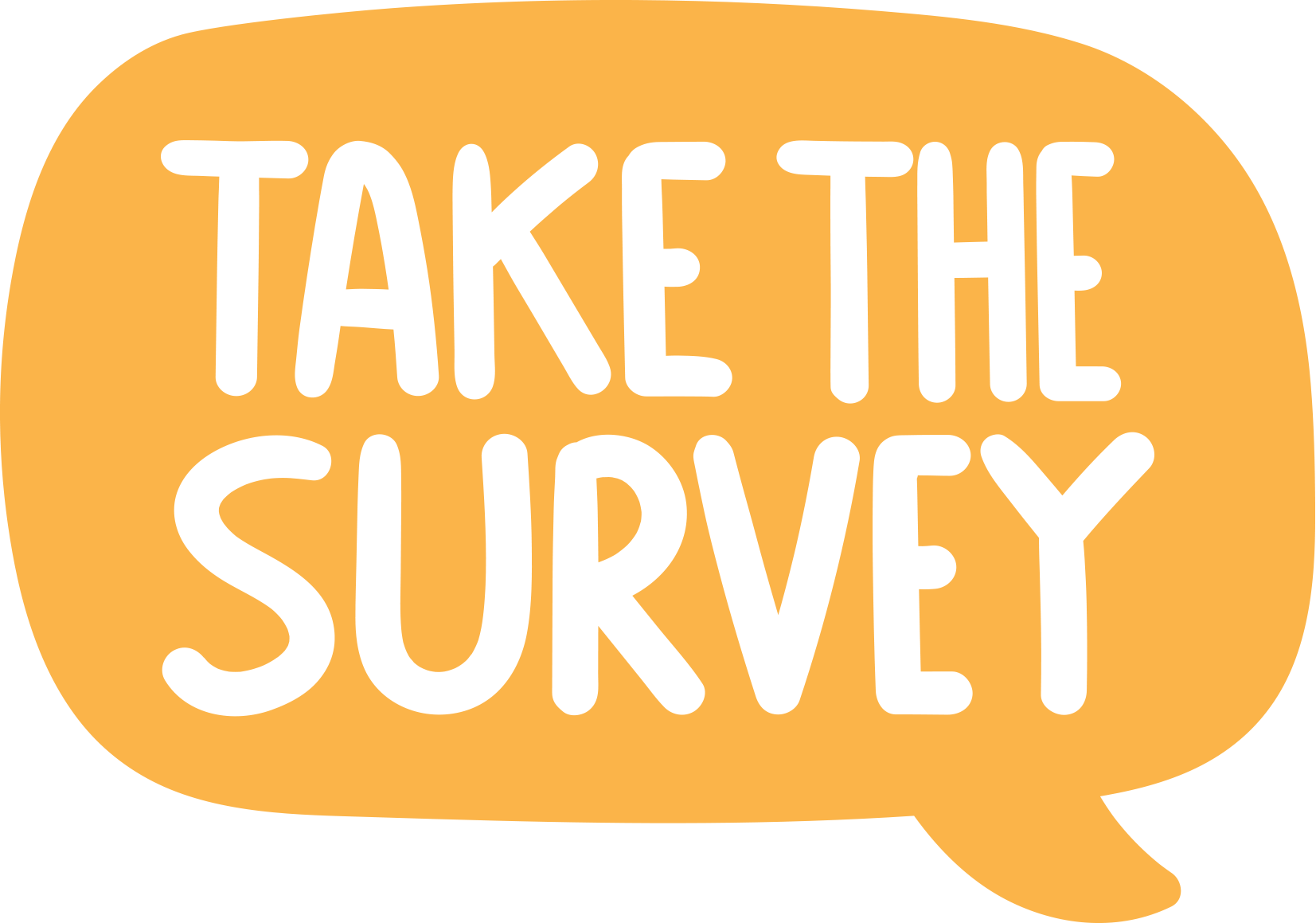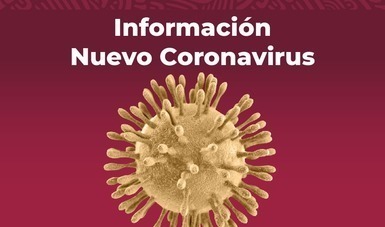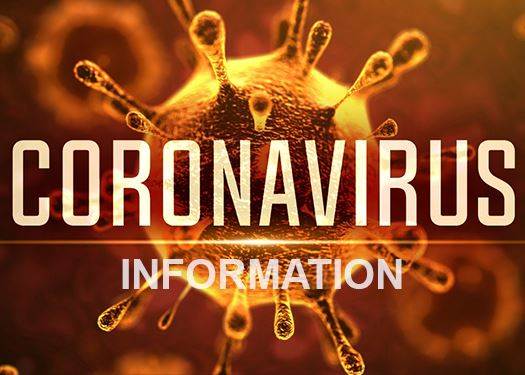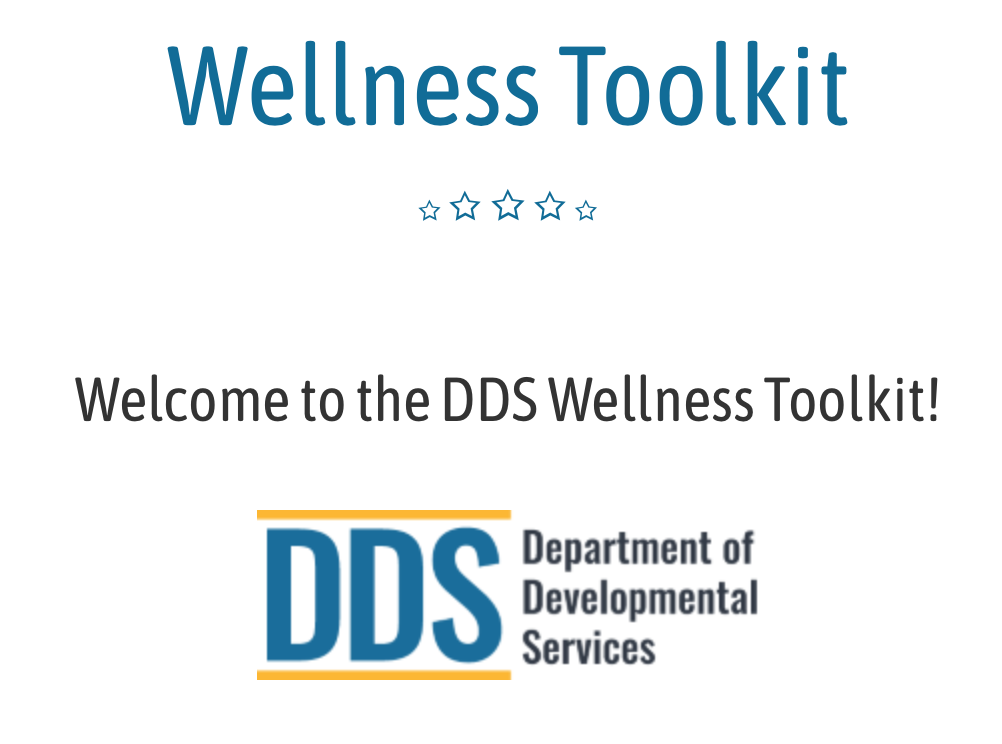Social Skills Therapy/Training Funding Guidelines
Social skills therapy/training is structured programming in either an individual or group format that primarily addresses significant deficits in the following four areas:
-
Engagement and Awareness of Other People
Engagement and awareness of other people addresses the individual's ability to engage or be engaged by others and his/her level of interest in interacting with others.
-
Social Interaction Skills
Social interaction skills refers to a child’s engagement with others. For those with deficits, the quality of the social engagement may be atypical, inappropriate or immature.
-
Social Communication Skills
Social communication skills are both verbal and nonverbal. Nonverbal skills include eye contact, the ability to point and wave, and the ability to read other people’s nonverbal cues such as boredom or anger. Verbal skills include the ability to initiate and sustain a conversation, to use proper intonations, and to listen appropriately.
-
Play Skills
Play skills usually refers to a child’s ability to interact with their peers (make and sustain friendships). It involves the development of appropriate toy play, the ability to play in parallel with other children, the ability to initiate play with peers and take turns, the ability to cooperate and collaborate in play, and the ability to use symbols and imagination in play.
Standards and Criteria
-
Social skills therapy/training is generally appropriate for children ages 2 to 12.
-
The determination of the frequency and duration of the service will depend on the severity of social deficits and the types of other programming and activities that are concurrently addressing the child’s social deficits. Typically, social skills training outcomes can be achieved in one to two sessions per week.
-
Requests for services require an initial review by the regional center psychologist. The review is intended to ensure that services are appropriate and do not duplicate other services being provided to the child.
-
Services to be authorized are based on a formal assessment that identifies specific social skills objectives. A formal assessment is not required for a time-limited program of ninety days or less.
-
Services may be authorized for up to one year.
-
Reauthorization of services is dependent upon receipt of a progress report from the provider which shows documented progress and a review by the regional center psychologist that recommends reauthorization.






